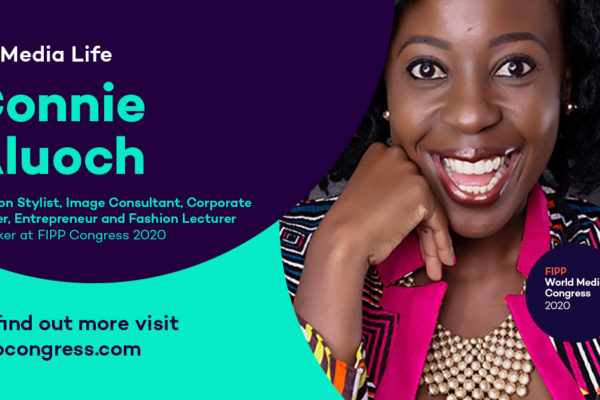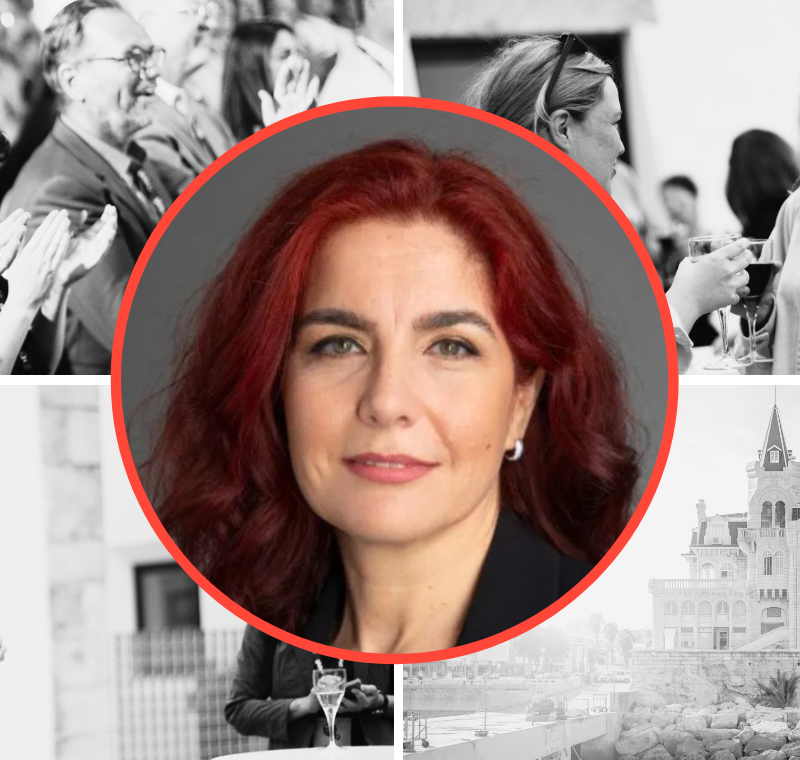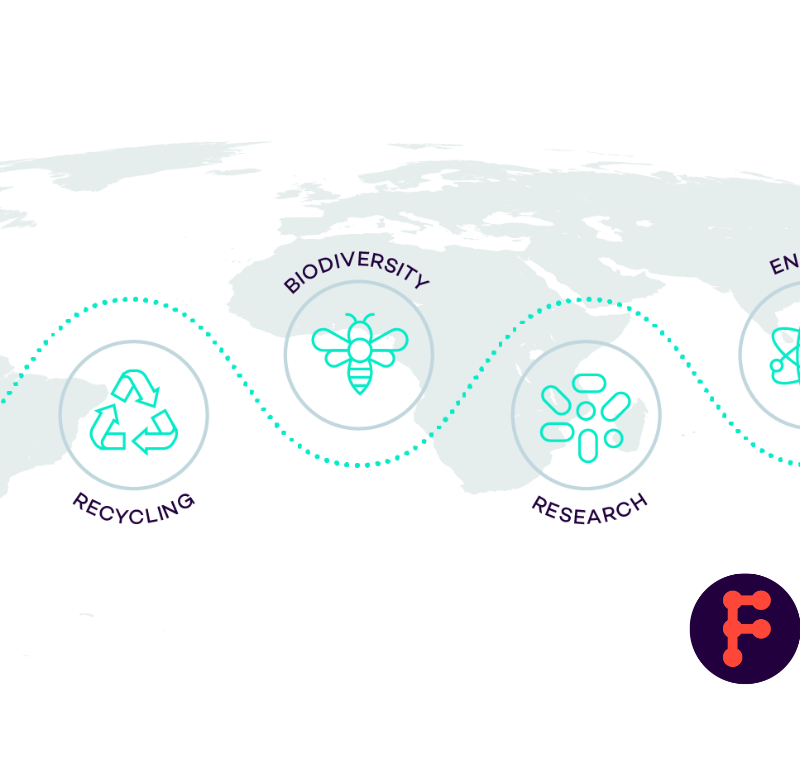My Media Life: Connie Aluoch, Fashion Stylist
Connie Aluoch is a renowned fashion stylist and founder of Connie Aluoch Styling Management, a global agency that works with magazines and production companies. Originally from Nairobi, she has worked at three of the ‘Big Four’ international fashion weeks, while her styling and editorial work has appeared in some of Africa’s biggest-selling fashion magazines.
She is also committed to mentoring aspiring stylists and is a lecturer at University of Nairobi’s School of the Arts and Design. Here, she discusses life lessons and reflects on how her experiences abroad have helped in her mission to foster fashion talent back home in Kenya.
Connie Aluoch will speak about diversity, inclusion and innovation at the FIPP World Media Congress 2020, taking place online from 2-30 September.
See the agenda here. See the ticket options here.
I remember telling my mum, ‘One day I will become a renowned personality in the fashion industry.’ My family really like fashion, and I used to get into a lot of trouble because I would go into my mum’s wardrobe and put on her nail polish and lipstick. I think that’s when the inclination to work in the industry began.
I completed high school and college in Kenya. I got my diploma from Evelyn College of Design, and while I was there I applied for a couple of fashion schools. I got accepted into the Fashion Institute of Technology (FIT) in New York.
It took a while to get used to New York, but once I got the hang of it I never wanted to leave. I did a couple of internships. One was for a company called The Ground Crew – they did all the production for New York Fashion Week. My boss, Audrey Smaltz, gave me access to the after-parties and said, ‘Honey, just go and network!’ I learned that the fashion industry was about networking, meeting different people and sharing experiences. A lot of the projects I’ve worked on and jobs I’ve had are because of people I’ve met.
I worked with supermodel Alek Wek back in the day, when she had a handbag line called 1933 Alek Wek. I also interned for Armani Exchange and Matthew Williamson. In Milan, I worked for a designer called Maurizio Pecoraro, which was amazing because I got to understand showroom dynamics, how to handle clients, visual merchandising and so on. I also got to work at Milan Fashion Week and meet the Dsquared2 team.
Working on Vivienne Westwood’s show at Milan Fashion Week was so much fun. Half the time I was staring, half the time I was working, but it was just an amazing experience. Everyone is rushing around, having a few bottles of champagne to keep them going. The adrenaline is amazing. Right now, because of the pandemic, all shows are going virtual. I hope physical shows return eventually because virtual is not the same.
Coming from Kenya to study in New York and Italy, and seeing how different cultures affect fashion, was amazing. American fashion is very fast, while Italian fashion is a lot about skills passed down from one generation to the next. That was the biggest difference. I spent a year in Florence studying at Polimoda. That’s when my love for Italy began.
I’m really humbled because I’m the first stylist in east and central Africa with a master’s degree in styling from Istituto Marangoni Milano Design School. I’m actually currently creating a fashion curriculum for the new BA Creative Arts programme at the United States International University[1] (USIU). For me, it’s all about the legacy I’m leaving behind and how I’m helping the fashion industry grow. I want to leave my mark for the generation that are coming after me.
I love to support local designers. I do this by showcasing their work through various platforms from the newspapers and magazines I consult for. If supported, the fashion industry can eventually contribute to the growth of the Kenyan economy.
John Kaveke was one of Kenya’s first menswear designers to showcase at London Fashion Week (LFW) in 2011. The Kenyan fashion industry wasn’t as developed then as it is now. We decided we needed to have a designer showcase and market the Kenyan fashion industry, so we put resources together, got funding from the airline industry and were able to take him to showcase at LFW. I was his publicist/stylist, we met some buyers, did a photoshoot and held an after-party. It was an amazing experience.
In Kenya 10 years ago, stylists were never even heard of. The publishing industry was also very young. Now you go on Instagram and there’s so many stylists. Everyone in the industry is online. There’s been a real shift in dynamics.
The Kenyan government is working on reviving old fashion industries, such as cotton. We also have initiatives such as Brand Kenya, Wear Kenya, Made in Kenya and By Kenya. There’s a lot that needs to be done, but at least they’re recognising that the fashion industry is growing, has great potential and needs to be supported to become a sustainable industry.
I really look up to Edward Enninful [editor-in-chief of British Vogue] and Vanessa Kingori [publishing director of British Vogue]. They are in the publishing industry in fashion, and that’s where I am – and Vanessa is actually of Kenyan descent.
The most important lesson I’ve learnt is to build a brand that is strong, resilient and adaptable. Before the pandemic, I used to do maybe four or five shoots a month. Now it’s changed. I’m doing a lot of one-on-one consultations with clients online, I’m doing a lot more webinars, I’m doing research for different projects. I’ve learned to adapt.
I did a course at Strathmore Business School, Nairobi, and StrengthsFinder 2.0 by Tom Rath was the first book we were told to read. It really helps you as a businessperson because it shows you your strengths, your weaknesses and what you can work on.
Best advice I’ve received? Hard work never kills anyone. The fashion industry is extremely glamorous from the outside, but behind the scenes there’s a lot of tears, late nights and deadlines. You have to build resilience.
The FIPP World Media Congress 2020 takes place online from 2-30 September. See the agenda here. See the ticket options here.







